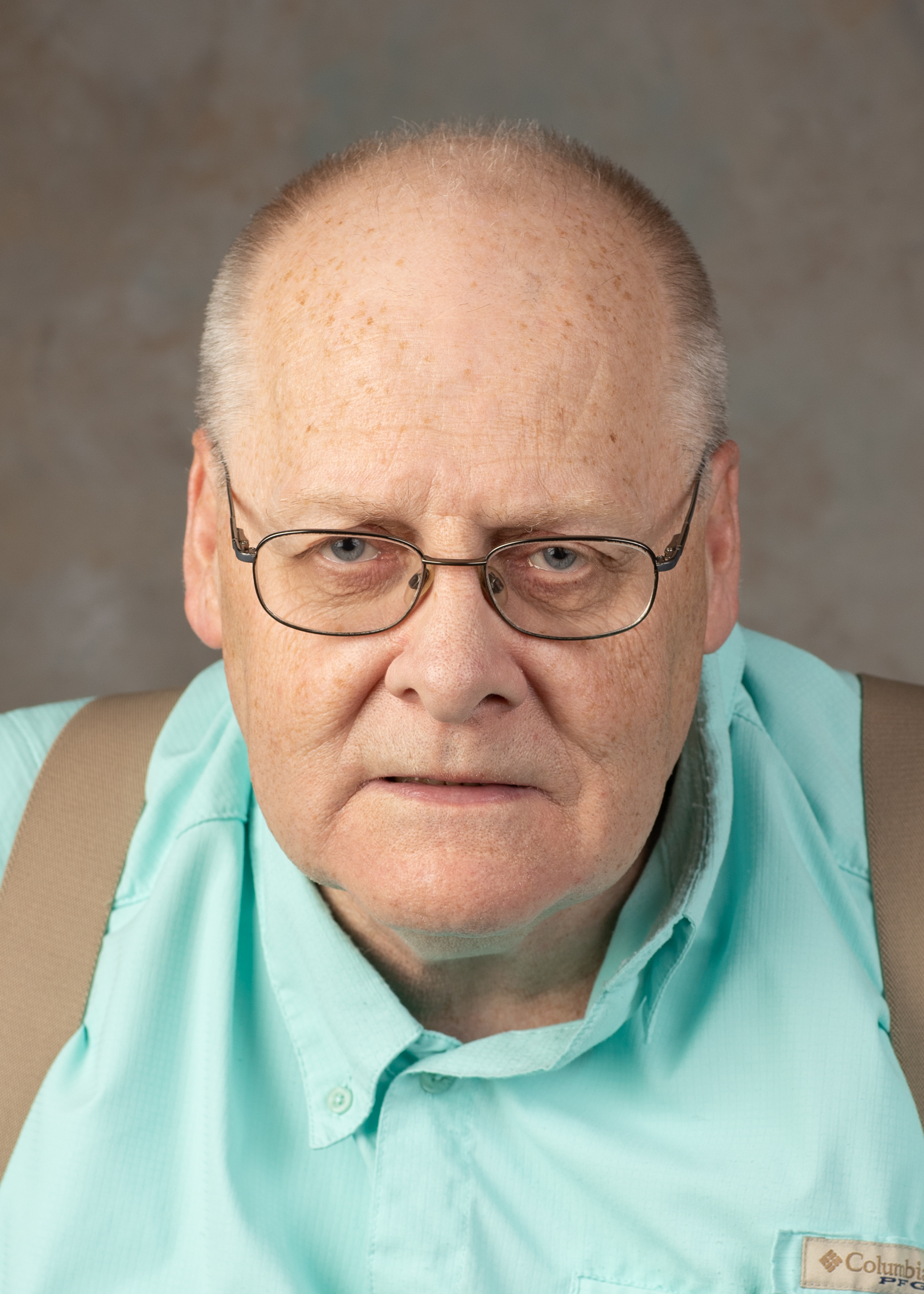By Greg Markley
Even “experts” in periodization, that is, dividing a subject into historical eras for analysis, disagree on when Generation Z began or when the Millennial era ended. I accept that Generation Z began in the late 1990s and ended in the 2010s. Millennials started as a generational term in 1980 and stopped by the late 1990s. Arguments are bubbling up on what to call the next generation. My ideas of the Post-Starbucks or Post-Red Bull Generation have not caught on.
Most undergraduate college and university students today are in Generation Z. A smaller percentage of Millennial students are also pursuing their first degrees. For both set of students, having at least one practical minor, such as in Spanish or business, is a sound idea. If you combine a job that pays you enough by your standards, but that you enjoy because it mimics one of your hobbies, your post-college work life is very likely to please you.
According to MyMajors.com, it might hurt your chances if potential employers notice you have a lot of majors and minors. You may be regarded as unfocused and fickle and the employer may ask why you didn’t just get a master’s degree instead of a second bachelor’s degree or a string of unrelated courses. “Job shadowing” is a way to see firsthand what jobs are really like. On visits, students can find out from employees how they got a job in that field. The website says, “there are many paths to most careers, just as there are many careers to be had from one major.”
I am impressed that so many students are not cynical due to college bills and uncertainty about their later lives. Below, I offer observations on two of my friends who made very poor choices and two others who crafted nice lives for themselves despite tough conditions. As Isaac Bashevis Singer, the Polish-American who won a Nobel Prize for Literature, wrote: “A story to me means a plot where there is some surprise. Because that is how life is – full of surprises.”
I was bewildered when two of my friends with college degrees greatly disappointed me.
The first was an engineer who lived in a rich village in New England. Police arrested him and his son for possession of child pornography. The father said he only kept the materials to someday confront his son, but both served a year and are now on the Sexual Offender list. He was so close to my family that he gave a eulogy at my brother’s funeral. Some people really shock us!
As for my second college friend, I was perplexed with the bad news that my former Ph. D. art professor lost a civil case. She was accused of selling fake art and the case made The New York Times. She paid $468,000 plus damages and attorney’s fees to the owner she bamboozled.
Despite the big errors of these two, I am delighted that two other friends of mine—both college grads—faced tough circumstances but with aplomb and grace made the best of it.
Generation Z and Millennials will very likely face tough challenges too; personally and professionally. May this never mean legal problems for any of you! In the late 1970s, I was close friends with Margaret, who was co-editor of our college newspaper with me. I also knew her friend Donald and attended their wedding in 1978. Both achieved what they dreamed of as undergrads. Meg became a writer and poet and Don was a professor of engineering.
They had to make choices they didn’t anticipate in college: He made tenure and this compelled them to stay in the cold and remote city they disliked. Many Alabamians say they will never decide to live in a cold area—but be prepared for complex choices. Now my friends are in their 70s with health issues. Still, they enjoy retirement. They have a son in a distant city with his wife and two kids. My friends aim to move closer to see their grandchildren grow up.
“Life is like an onion; you peel off one layer at a time and sometimes you weep, “said Carl Sandburg (1878 – 1967) a famous American poet and author. Gen Z and Millennials will face an array of triumphs and tragedies, surprises and regrets, and more. Keep your friends handy, but only the best ones – not those who become criminals or art thieves.
Greg Markley has lived in Lee County for 18 of the last 23 years. An award-winning journalist, he has master’s degrees in education and history. He has taught as an adjunct in Georgia and Alabama.

